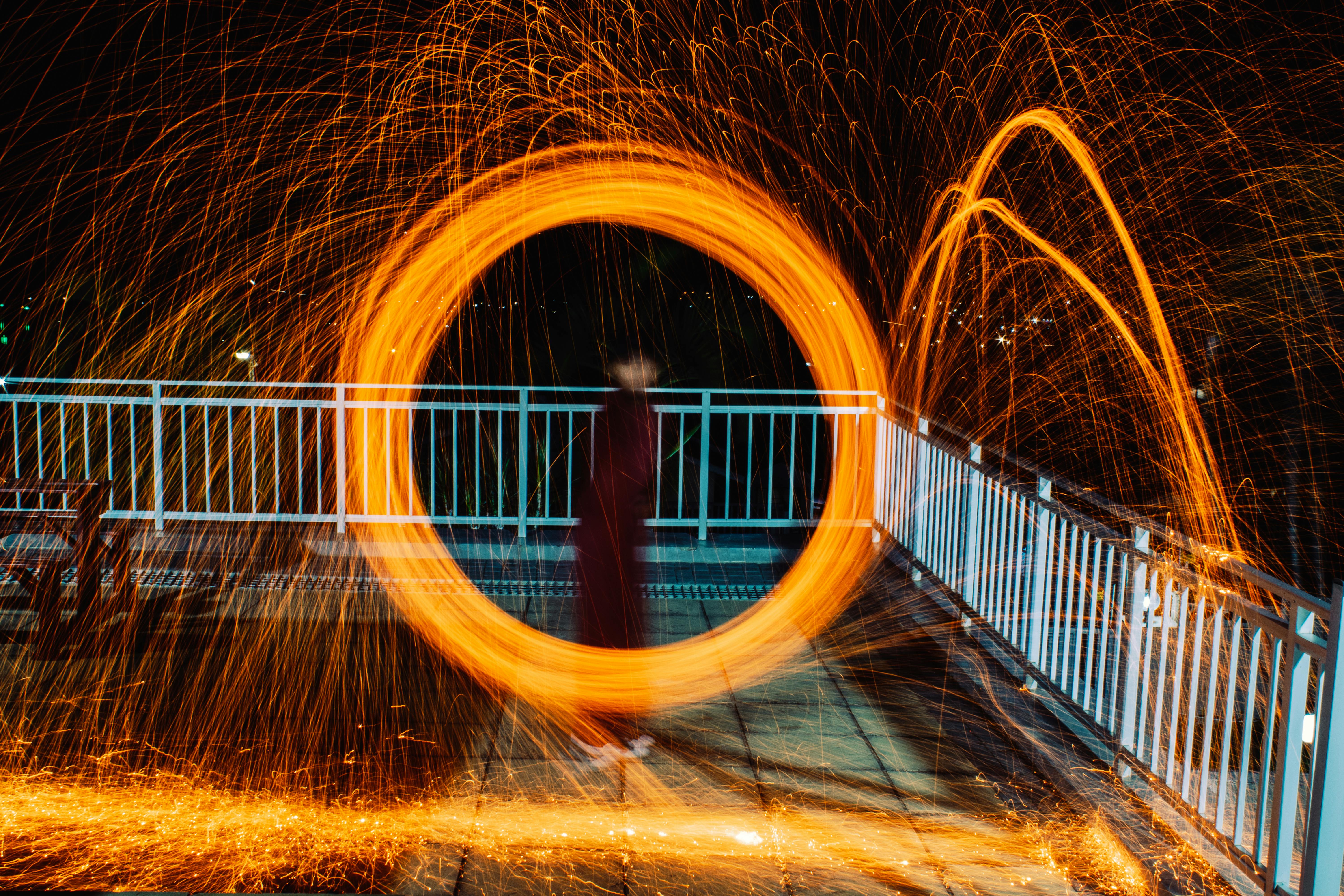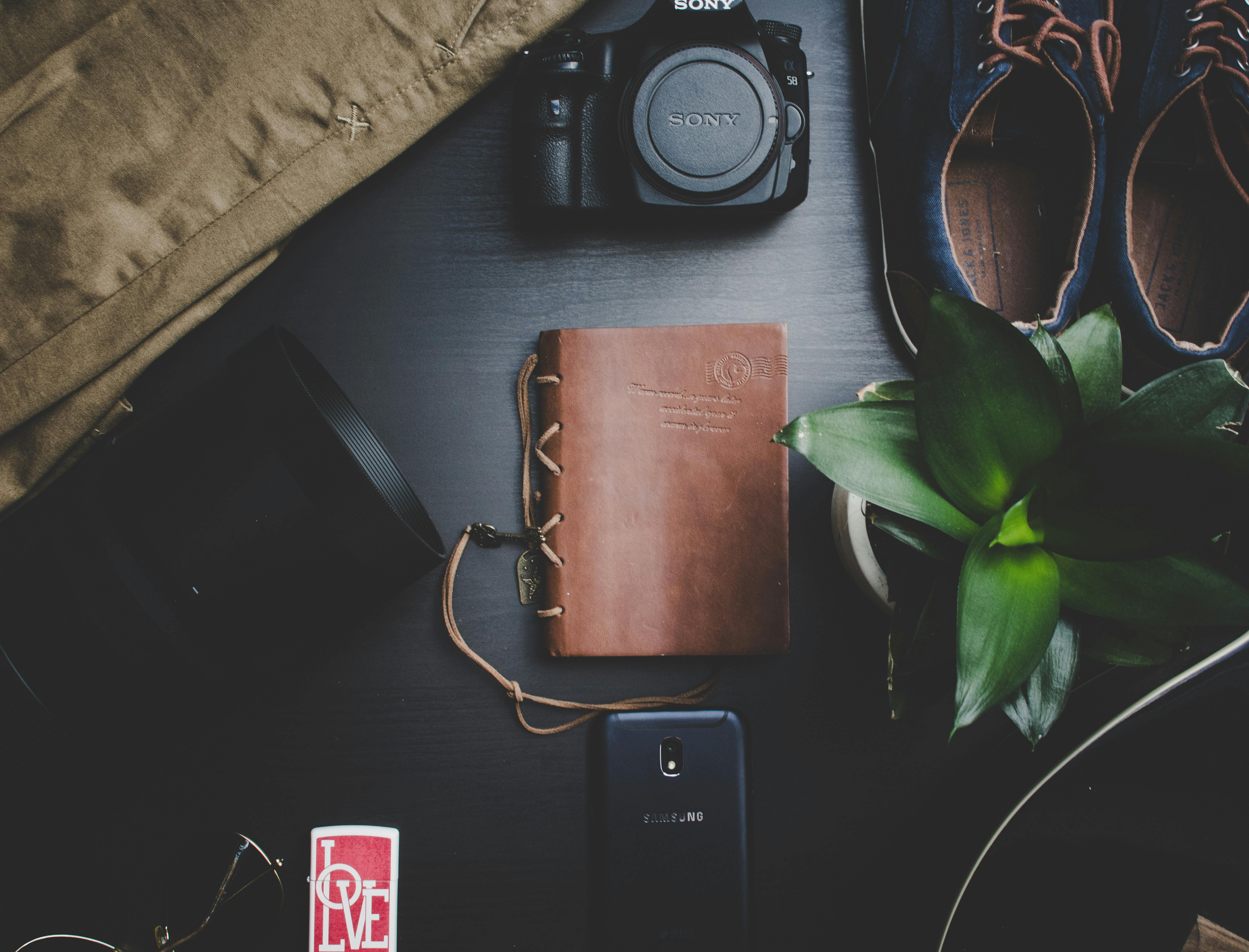The alarm clock is the deadly and hated enemy of millions of Americans, from college students to busy executives and anywhere in between. People have relied heavily on crutches like caffeine to keep them moving during their exhausting days. Special alarm clocks to combat the inability to wake up can be found in droves at online web retailers like Amazon, including some that require you to get out of bed on a pressure-sensitive rug to stop the alarm squeaking.
What is at the center of this problem is the fact that insomnia is a frank epidemic in this country and, indeed, many around the world. In an article published by the Centers for Disease Control and Prevention, based in Atlanta, Georgia, their estimate places between 50 and 70 million Americans as victims of sleep or wakefulness disorders. This is an especially terrifying figure considering the dangerous effects of lack of sleep on the human body. With a population of just over 300 million, this is also a sizeable portion of the citizens of the US The American Anxiety and Depression Association estimates that 40 million Americans suffer from anxiety disorders. They also report that the majority of these 40 million Americans experience anxiety that affects their ability to sleep, and of these, three-quarters experience stress or anxiety because their stress or anxiety prevents them from sleeping. Americans sleep less and less and anxiety is a common and destructive thread.
People suffering from anxiety-related insomnia must not have received the same advice countless times as they seek to combat their affliction. It is true that the same information is ubiquitous because they are effective ways to combat the nocturnal wakefulness that so many Americans face. Regardless, there are many who still go around the web and ask their doctors about methods to get more Z’s. Here are some thoughtful and medically informed approaches appropriate for nearly everyone with insomnia, but be sure to listen to your body and mind for guidance from your doctor.
A recurring complaint related to insomnia is that people simply cannot switch their minds off at night. Anxiety usually appears at night because, as we lie in bed and try to close our eyes, nothing else happens to distract us. Whenever this happens to you, it may be beneficial to participate in a creative activity that helps you disconnect your mind. The recent trend for adult coloring books has become wildly popular because the practice is relaxing, while also producing beautiful works of art. This small achievement and the peace it offers troubled minds has proven to be an effective solution for a busy mind overnight. If coloring isn’t for you, there are still more alternatives. Pick something quiet and still, maybe your sleeping cat, and do a quick sketch. If you’re not artistically inclined, you can get distracted by putting together haikus. These traditional Japanese poems are only three lines long, so they are not a daunting or over-stimulating task.
Meditation is not easy for everyone, but mindfulness is a very simple form that has gained popularity in recent years. One of the main goals of mindfulness is to focus on positive thoughts and achieve a sense of peace. Mindfulness has become a popular and effective strategy for managing anxiety problems in many Americans. Part of clearing your mind is realizing that disturbing thoughts are fleeting and that you have power over them. There are many methods available for studying and learning about mindfulness and the techniques that can be used. You can find mindfulness guides and magazines at your local bookstore or online retailer to learn and hone your practice. Another widely used technique for practicing mindfulness is through a large number of applications available on the iTunes App Store, Google Play, and other mobile stores. Calm is an app available for iOS and Android that offers a comprehensive guide as well as mindfulness meditation techniques, and even a nifty feature called Body Scan Practice.
If you anticipate that you will have trouble sleeping long before it is time to go to sleep, there are many things you can do to help overcome your anxiety before nightfall. Physical activity is a popular remedy because it promotes the release of endorphins in the brain and helps you feel more tired overall, but keep in mind that you must choose the activity that is right for you. As with a general exercise regimen, it is important to choose an activity or activities that you really enjoy to stick with. If you hate running, for example, hang up your sneakers and have a twenty-minute dance party in your bedroom before your nighttime shower, for example. Movement and good vibes will promote positivity and help you get out of a long day of study, work, parenting, or any combination. Stick to your bedtime routine and remember to never stop taking proper care of yourself, including nutrition and hygiene.
Anxiety is one of the most common problems faced by adults and teens in the United States, and insomnia is often cited as the most common complaint that doctors and therapists receive. If you experience anxiety that feels inescapable, there is help. Talk to someone you trust and seek medical attention. There is no shame in treating a disease, be it diabetes or generalized anxiety disorder. Following your healthcare provider’s directions can help reduce the overall amount of stress you experience from day to day and help improve your ability to sleep at night. For all the spaces in between, the tips in this article can fill them in and provide a supplement margin. Getting a good night’s rest is absolutely vital to human health and happiness, so buy yourself a mandala coloring book, eat well during the day, and practice excellent self-care.




Recent Comments